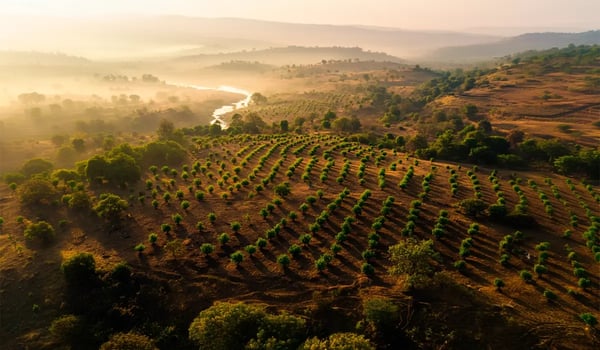Microsoft has taken another step toward scaling its carbon removal strategy, signing a long-term...

Microsoft Backs Major Afforestation Project in India with 1.5M Carbon Credit Deal
1

Shell and Microsoft: Pioneering Carbon Credit Strategies in 2024
Shell and Microsoft have established themselves as the top buyers in the voluntary carbon market...
2
.webp?width=600&name=30%20Million%20Trees_%20Inside%20Microsoft%E2%80%99s%20Massive%20Ugandan%20Carbon%20Bet_featured%20(1).webp)
30 Million Trees: Inside Microsoft’s Massive Ugandan Carbon Bet
In the global race to reach Net Zero, the most effective technology might actually be 30 million...
2
.webp?width=600&name=Carbon%20Markets%20in%20Transition_%20Quality-Driven%20Demand%20Reshapes%20Voluntary%20Offsets_featured%20(1).webp)
Olympic Rainforest Project Attracts Major Investment From Meta and Microsoft
In a move that underscores the growing corporate appetite for high-quality carbon removal, Meta and...
2



